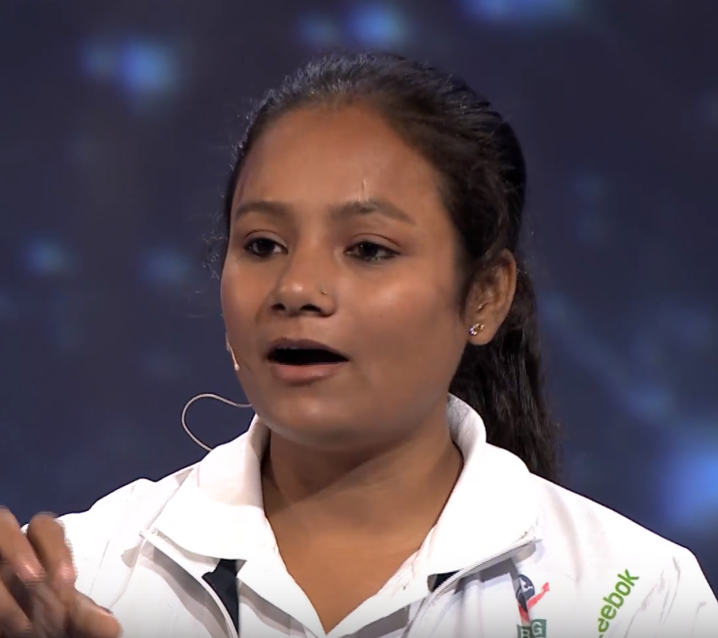Martin Luther King Jr.: A Legacy of Courage in the Face of Racism
In the segregated South of 1929, on January 15th, a child was born in Atlanta, Georgia, who would grow up to change the course of American history. Martin Luther King Jr., born Michael King Jr., came into a world divided by racial prejudice, but would leave behind a legacy of hope, courage and the enduring dream of equality for all. His story isn't just about civil rights; it's about the power of peaceful resistance, the strength of words and the ability of one person to inspire millions.
Young Martin grew up in a middle-class family where education and religious faith were paramount. His father, Reverend Martin Luther King Sr., was a prominent Baptist preacher and his mother, Alberta Williams King, was a former schoolteacher. After a trip to Germany in 1934, King Sr. changed both his own name and that of his five-year-old son to Martin Luther, in honour of the Protestant reformer. This early exposure to religious leadership and moral conviction would shape young Martin's future path.
King's brilliance showed early - he skipped two grades and entered Morehouse College at age 15. By 25, he had earned a Ph.D. in systematic theology from Boston University, where he developed his philosophy of nonviolent resistance, influenced by Mahatma Gandhi's successful campaign against British rule in India. It was during his time in Boston that he met Coretta Scott, a music student who would become his wife and partner in the civil rights movement.
The Montgomery Bus Boycott of 1955-56 thrust King into the national spotlight. When Rosa Parks was arrested for refusing to give up her bus seat to a white passenger, King led a 381-day boycott of the city's buses. This campaign, marked by peaceful protests despite violent opposition, ended with the Supreme Court ruling that segregated buses were unconstitutional. The success demonstrated the power of nonviolent resistance and established King as a leader in the civil rights movement.
Under King's leadership, the civil rights movement achieved remarkable successes through peaceful protest. The 1963 Birmingham Campaign used nonviolent methods to challenge one of the most segregated cities in America. Images of peaceful protesters being met with police dogs and fire hoses shocked the nation's conscience and helped lead to the Civil Rights Act of 1964. The Selma to Montgomery marches in 1965 led to the Voting Rights Act, despite violent resistance that left many protesters bloodied and beaten.
King's most famous moment came on August 28, 1963, during the March on Washington for Jobs and Freedom. Standing before 250,000 people at the Lincoln Memorial, he delivered his "I Have a Dream" speech, painting a vision of racial harmony that continues to inspire people worldwide. Less known but equally powerful was his "Letter from Birmingham Jail" (1963), written while imprisoned for leading nonviolent protests, articulating why civil rights couldn't wait.
Throughout his leadership, King faced constant danger. His home was bombed, he was stabbed, arrested nearly 30 times and regularly received death threats. Yet he continued his work, expanding his focus to include economic justice and opposition to the Vietnam War. He helped organize the Poor People's Campaign to address economic inequalities, believing that civil rights had to include economic rights.
Tragically, on April 4, 1968, while standing on the balcony of the Lorraine Motel in Memphis, Tennessee, King was assassinated by James Earl Ray. He was just 39 years old. His death sparked riots in cities across America but also led to an outpouring of grief that crossed racial lines and strengthened the resolve to achieve his dream of equality.
King's achievements were monumental: The Civil Rights Act of 1964 banned discrimination in public accommodations and employment. The Voting Rights Act of 1965 removed barriers to voting rights for African Americans. He became the youngest person to receive the Nobel Peace Prize in 1964 at age 35. His birthday is now a federal holiday, making him the only non-president to be so honoured.
Lesser-known facts about King reveal his human side: He was an avid pool player, named Time's Man of the Year in 1963, had a C+ in public speaking during his first year at seminary and improvised the most famous part of his "I Have a Dream" speech. His favourite hymn was "Take My Hand, Precious Lord," which was sung at his funeral by his friend Mahalia Jackson.
"Our lives begin to end the day we become silent about things that matter." - Martin Luther King, Jr., American Leader
King's legacy lives on in the continuing struggle for civil rights and social justice. His principles of nonviolent resistance have inspired movements worldwide, from the anti-apartheid struggle in South Africa to modern-day protests for racial justice. His dream of equality remains a beacon, challenging each generation to build a more just society.
Martin Luther King Jr.'s story teaches timeless lessons about courage, perseverance and the power of peaceful protest. His life shows that words can change hearts, that love can overcome hate and that one person's dream can inspire millions to build a better world. As he said, "The arc of the moral universe is long, but it bends toward justice."
Did Dr. King's story inspire you? Share this article to spread his message of peace, justice and equality. What aspects of his life and work move you the most? Was it his commitment to nonviolence, his powerful oratory, or his unwavering courage in the face of danger? Share your thoughts in the comments below.
Let's keep Dr. King's dream alive by sharing his story and continuing his work toward justice and equality for all. Don't forget to like, comment and share this inspiring story of courage and conviction.












